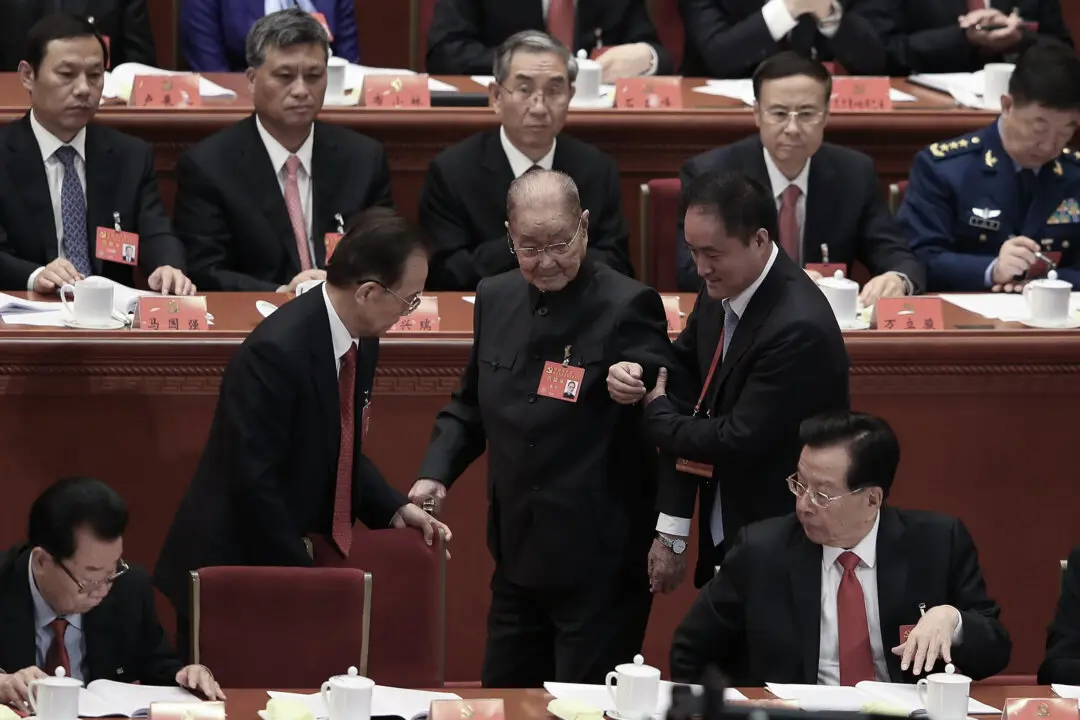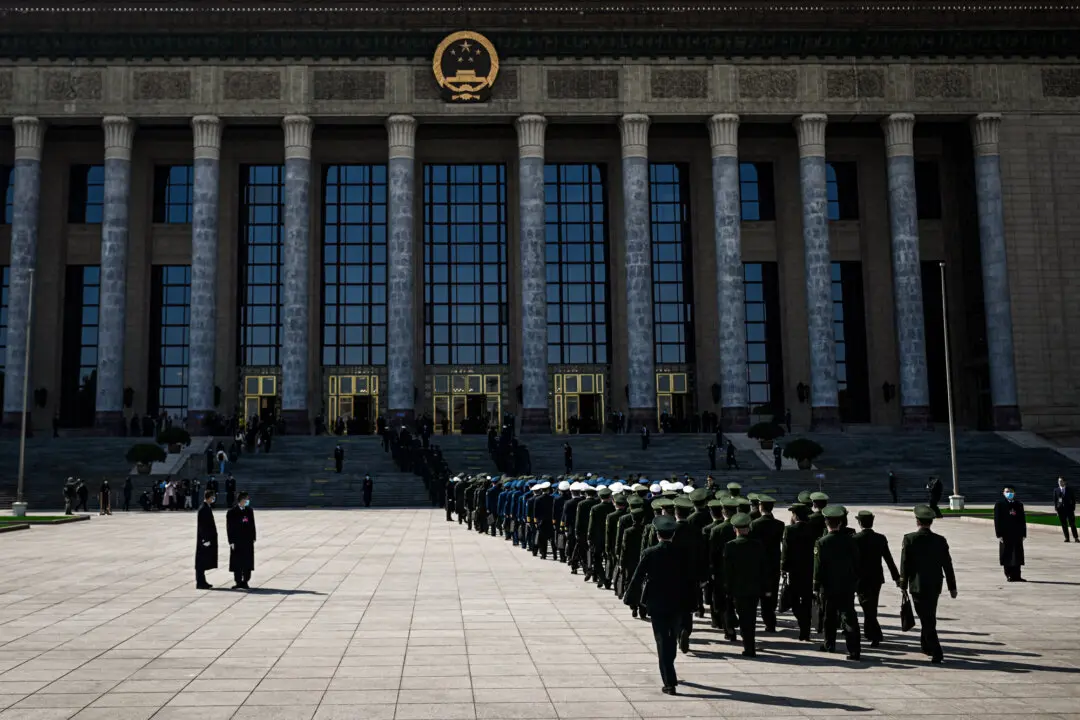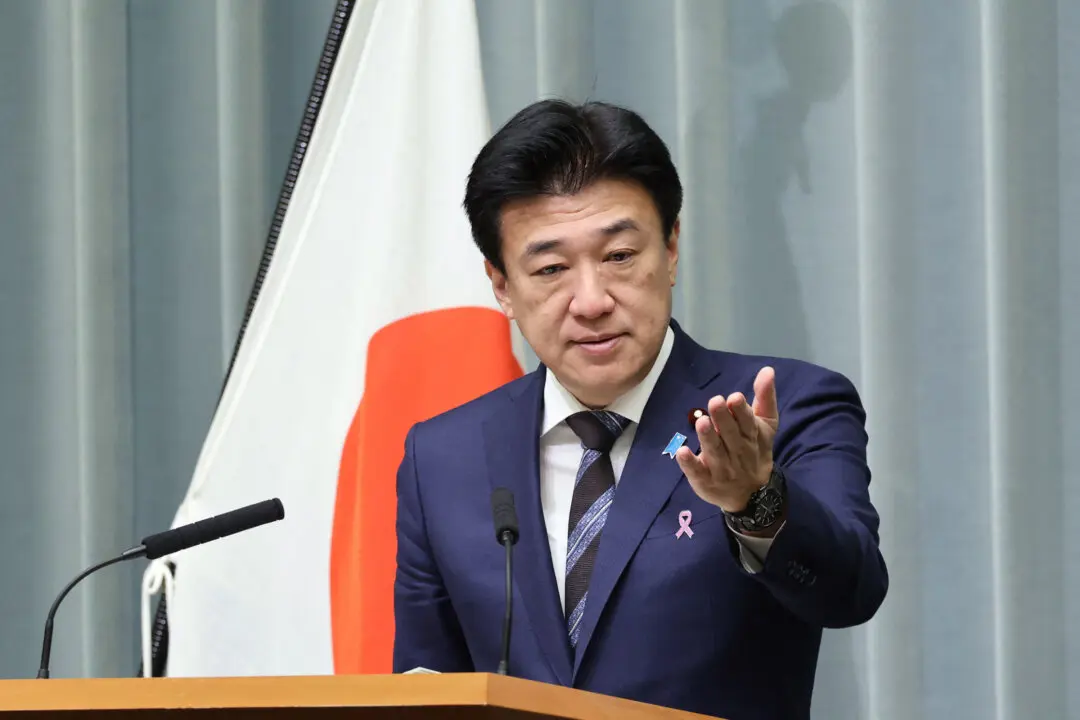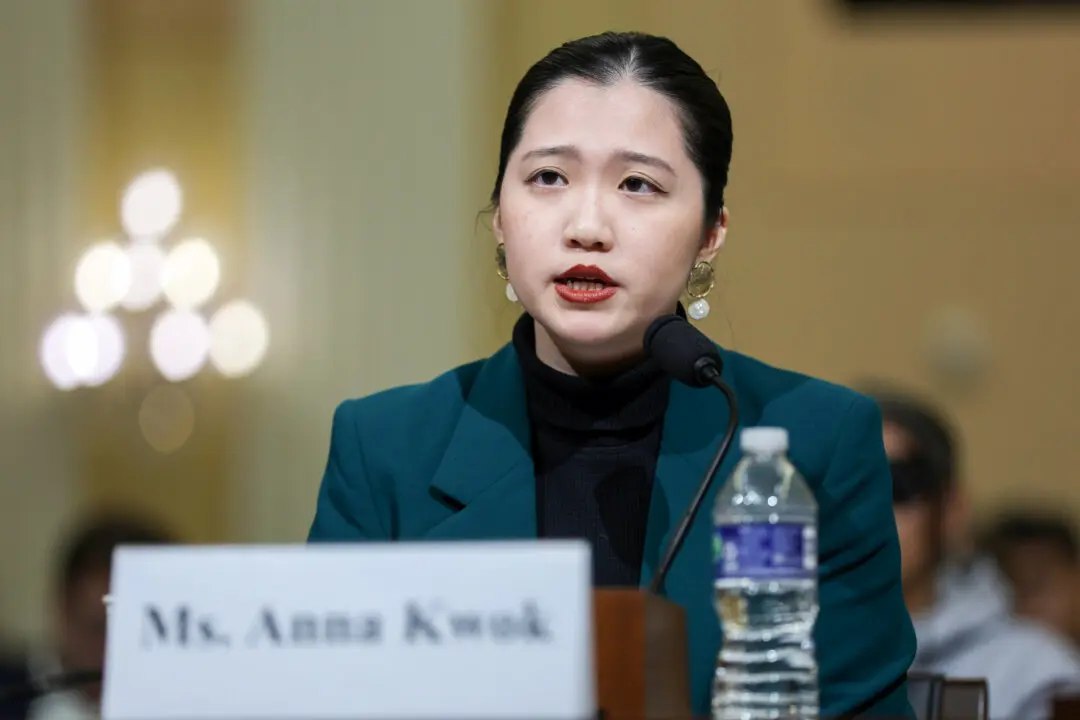U.S. Deputy Secretary of State Wendy Sherman met with China’s newly appointed ambassador, Qin Gang, on Aug. 12, discussing issues that Beijing was bombarded with last month.
The Deputy reviewed issues raised from the last meeting in China’s coastal city Tianjin and “expressed the United States’ commitment to continuing discussions,” said State Department’s spokesman Ned Price. The brief statement didn’t offer further details of the talk.




